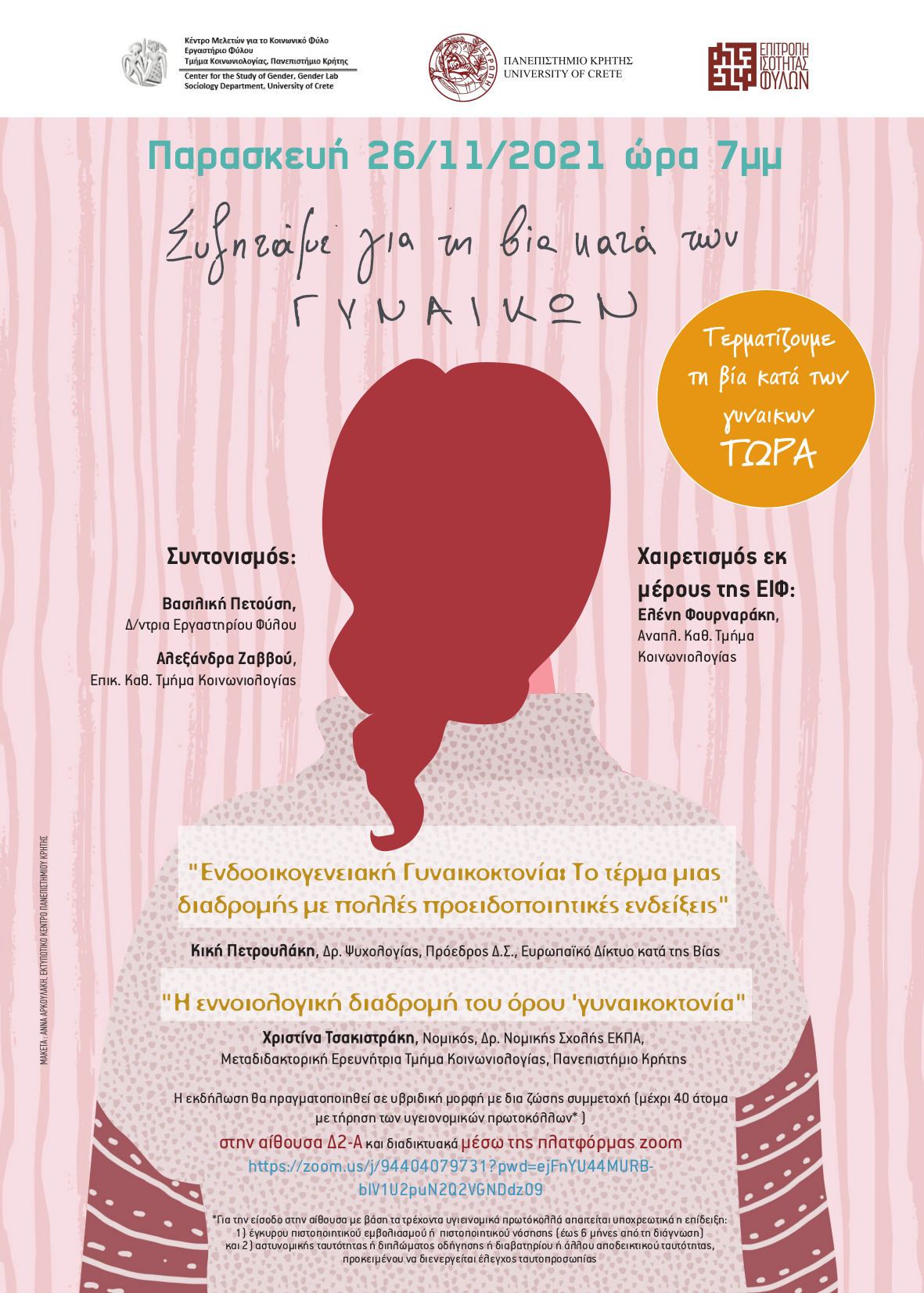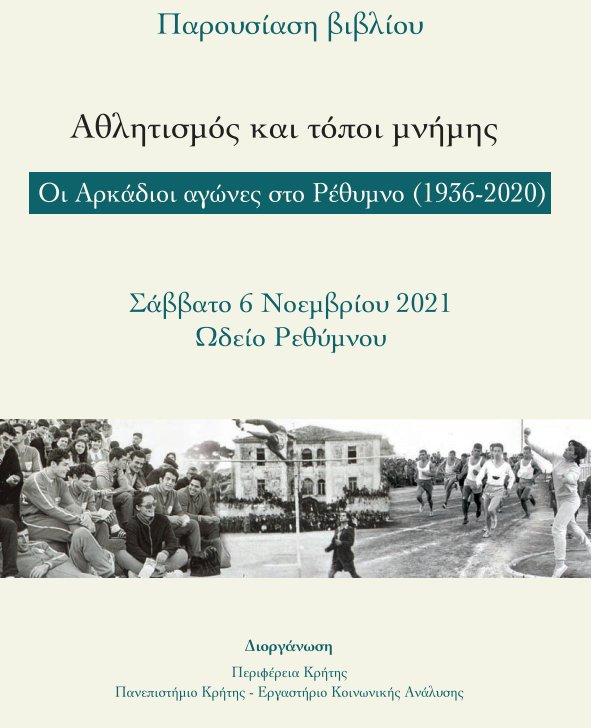Εισήγηση Μανόλη Σπανάκη, Research Fellow at UCRC, Classics Laboratory, "Paul Silentiary’s Description of Hagia Sophia: Ekphrasis and Encomium as Means of Political Authority in Late Antiquity", 8/12/2021, 18:30 p.m
Εισήγηση Μανόλη Σπανάκη, Research Fellow at UCRC, Classics Laboratory*, "Paul Silentiary’s Description of Hagia Sophia: Ekphrasis and Encomium as Means of Political Authority in Late Antiquity", Workshop: “Securing Power in the Sixth-Century Roman Empire”, University of Cambridge, Faculty of History | 8/12/2021, 18:30 p.m.
Abstract
The sixth c. CE in the late Roman world was a period of intellectual, cultural, and political transformation in response to external and internal pressures thar marked the end of late antiquity; Paul the silentiary, a courtier during the reign of Justinian I, narrated in hexameters the re-dedication of the magnificent Hagia Sophia in Constantinople (in 562/3 during the Christmas period), following the restoration of the church after the damages caused by an earthquake. In this paper, I explore this grandeur ekphrastic poem, as well as the literary influences of an encomium for Justinian in securing his political authority during the disturbed, crisis – prone end of his reign (565 CE).
Let me briefly present my argumentation; first, I intend to present the literary background of late antiquity and the rhetorical conventions whose sources lay in remote classical antiquity, Greece and Rome; the rhetorical term of ekphrasis and the development of the panegyric genre are traced back to Homer, Pindar and the Alexandrian poetry. Second, Paul cast great light on the political and social background of the sixth century – above all, on the reign of Justinian I (r. 527–65 CE) – and it is intriguing to shed light in the historical context that was bolstered through the praise of the emperor in the panegyric laudatio (especially after the Nika riot in 532 CE). Third, I will present some textual examples that reveal the blurred Hellenic style and language, mythical characters and metaphorical images of Justinian as the representative authority of Christ (in the manner of his predecessors, such as Nonnus of Panopolis and his Dionyssiaca or the paraphrase of John’s gospel). Finally, I suggest that Paul’s poem was something more than a magnificent architectural ekphrasis and we should not examine it as such; this grandeur poem served as literary tool for promoting the legitimate authority of Justinian’s turbulent reign. The pagan past was treated as an authorial device for securing the Christian present as well.
About the Workshop:
Securing Power in the Sixth-Century Roman Empire, University of Cambridge via Zoom, December 7–8, 2021
The purpose of this postgraduate and early-career workshop is to close the artificial divides, especially between "secular" and "ecclesiastical" politics, imposed on the sixth century by the specialisations of modern scholarship. The papers will explore how power was contested and secured "without limits", because only such an all-encompassing approach can adequately take account of the interconnectedness of the sixth-century world, the flexible array of political pressures to which those in power were subjected, and the sometimes unexpected consequences of responding to these pressures. The goal of this approach is to produce a more holistic, comprehensive understanding of sixth-century power struggles in order to better reflect their multivalent nature.
Advance registration required.
* Το Ερευνητικό Εργαστήριο Κλασικών Σπουδών είναι ενταγμένο στο ΚΕΜΕ-ΠΚ.







